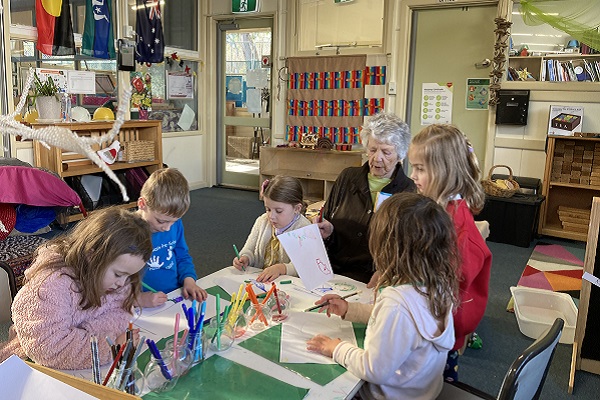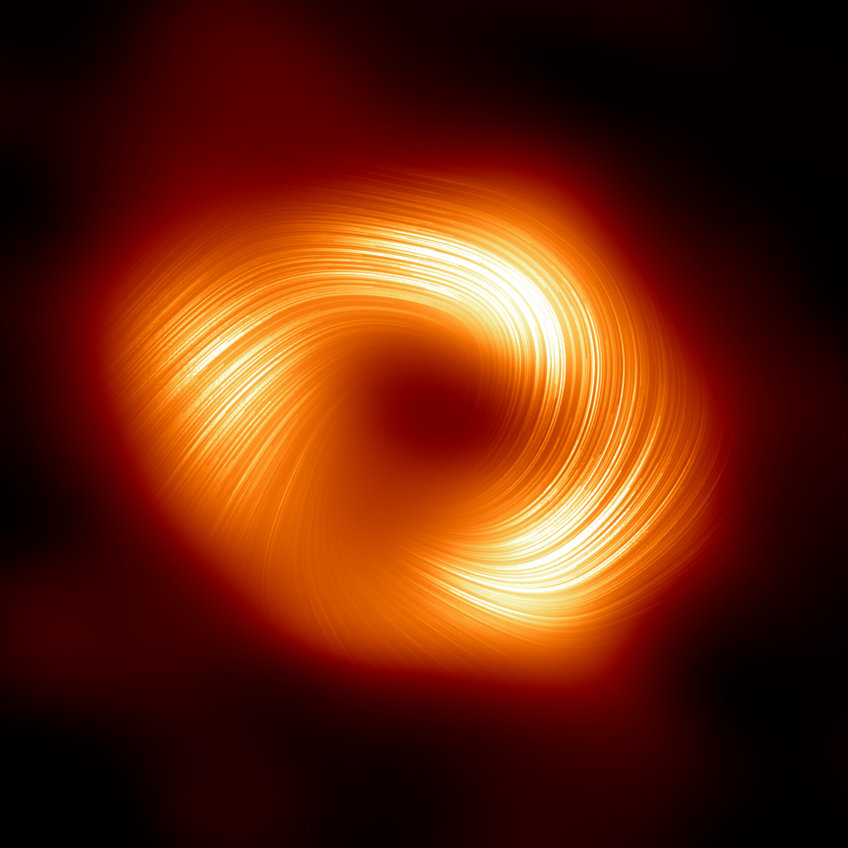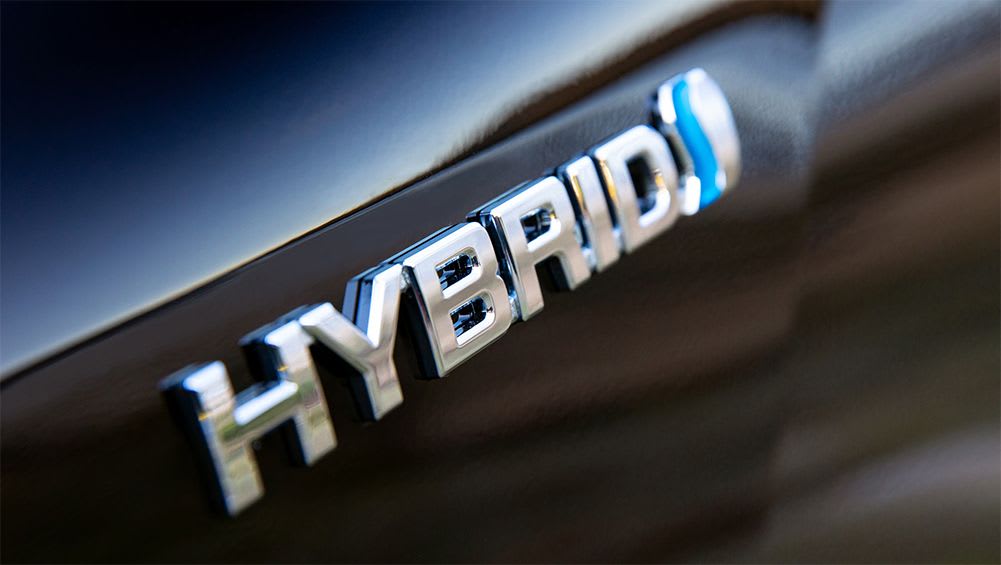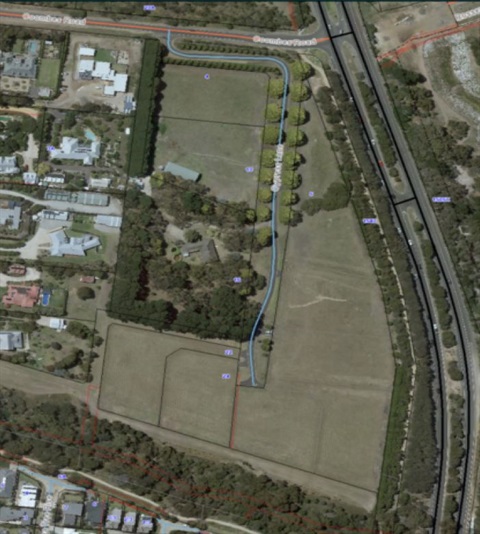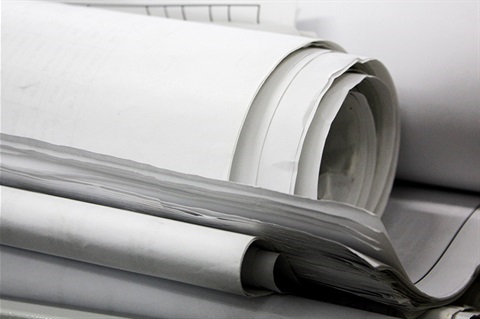Anthony Pratt’s Pratt Holdings was the biggest political donor in the last year, tipping $1.3m into Liberal party coffers ahead of the 2022 election.
The Australian Electoral Commission released disclosures for the 2020-21 financial year on Tuesday, revealing significant donations to upstart political movements including $1m to conservative lobby group Advance Australia and $300,000 to Rodney Culleton’s Great Australia party.
In total, the Liberal party and its branches declared $74m in receipts, including $4.8m in donations, with the rest made up of “other receipts” such as fees for business forums, intra-party transfers and public funding.
Labor declared $67m in total including $8.2m in donations. The Greens declared $16m and the Nationals $9m, with donations to both totalling about $655,000.
Pratt Holdings gave $1,288,000 to the Liberal party’s various divisions, dwarfing its donation of just $10,000 to NSW Labor. Pratt, the billionaire box maker, hosted a rally fronted by Donald Trump at one of his US companies in Ohio, attended by Scott Morrison during his 2019 US visit.
Meriton Property Services gave $285,000 to the Liberal party, with some $200,000 going to the NSW Liberal party.
Nine Entertainment donated $27,500 to the Liberal party which was disclosed after a controversial political fundraiser the media company hosted for the Liberals prompted it to stop donating to parties.
A Nine spokesperson said the payment, dated 15 December 2020, was “made under previous management” – former chief executive Hugh Marks – before the policy change when the company “was also a member of the Federal Labor Business Forum”.
Donations tend to ramp up in the months before a federal election, meaning returns for 2020-21 were lower than the bumper year of 2018-19 which included Mineralogy’s $83m donation to the United Australia party.
The AEC returns revealed Advance Australia received $650,000 from Silver River Investment Holdings and $350,000 from Cartwright Investment Corp, controlled by Simon and Elizabeth Fenwick.
Simon Fenwick, a former fund manager, had previously announced his intention to give the group $1m due to his concerns “Australia’s freedom, prosperity and security is being undermined by left-wing agendas and that a strong counter-voice is needed”.
In an interview with the Australian Financial Review, he reportedly cited “dictatorial politicians like Victoria’s Daniel Andrews” as the impetus for the gift.
William Nitschke gave $300,000 to the Great Australia party, former One Nation senator Culleton’s new political party which campaigns on an anti-vaccine mandate platform.
Bob Katter’s Australia party received two $100,000 donations, from the Firearms Dealers Association Qld Inc and the Shooters Union Qld Pty Ltd.
Many of the largest donors had an each ways bet, giving roughly equal donations to the major parties.
The National Automotive Leasing and Salary Packaging Association gave Labor and Liberal $150,000 each; the Pharmacy Guild of Australia gave $295,000 roughly evenly split between Labor and Liberal branches, and the Australian Hotels Association of NSW gave $260,000 in total to the Liberals, Nationals and Labor.
The climate action group, 350.org, said the disclosures show $959,155 was donated to the three major parties from fossil fuel companies, $80,000 more than the previous year.
Donors in that industry or connected to it included Low Emissions Technology Australia, an investor in carbon capture and storage, which gave $111,500 to major parties; the Minerals Council ($193,943); Northern Star Resources ($105,500) and Chevron ($74,650).
Empire Energy, a firm exploring for gas in the Beetaloo Basin, made $65,000 worth of donations including $40,000 to the Liberal party’s Northern Territory branch and $25,000 to Labor.
Empire has been the main beneficiary of a federal program designed to incentivise fracking and gas exploration in the Beetaloo Basin, receiving $21m in three grants announced in July last year.
The Greens senator Larissa Waters noted that Santos, another company seeking to frack the Beetaloo, had donated to both sides of politics.
350 senior campaigner, Shani Tager, said: “Gas companies are some of Australia’s biggest political donors and are the recipients of massive public subsidies from the government. It’s clear that money is talking.”
Australian Conservation Foundation democracy campaigner, Jolene Elberth, said “hefty donations and membership fees to exclusive party forums give fossil fuel companies easy access to our elected representatives”. “Over time, access translates to influence.”
Other mining and energy companies prominent in the list of donors included:
- Woodside Energy, which gave $232,000 to the Liberals, Nationals and Labor.
- Mineral Resources, which gave $222,400 to the Liberals, Nationals and Labor in Western Australia.
- The Trustee for St Baker Family Trust, which gave $165,000 to the two major parties, including the LNP in Queensland.
- Sally Zhou’s Aus Gold Mining Group, which gave the Liberals $77,777.
Duncan Turpie, a professional gambler and maths genius, gave $110,000 to the Greens, including their Queensland and Tasmanian branches.
Other big donations by individuals included: Scott Edwardes, a lawyer and WA Liberal candidate at the state election, who gave $224,000 to the party; and miner and tech investor Charles Bass, who gave $216,000 to the major parties in WA.
According to the Centre for Public Integrity, donations from the 10 biggest donors made up about one-quarter ($4.2m) of the $17.9m received in 2020-21.
The centre’s chair, Anthony Whealy, said: “The commonwealth has the weakest donation laws in the country.
“Today we can see some of the donations that were made last financial year, but nothing under $14,500 and nothing from the last six months.”
Whealy said the disclosure scheme is “mis-named – it is a non-disclosure scheme with more than a third of political funding shrouded in secrecy”.
“With an election around the corner, the public deserves to know who is funding our political parties.”
Guardian Australia analysis of AEC data shows at least $67.2m received by the major parties is so-called “dark money” – funds for which the source is not made public.
Political parties are required to declare the total amount of money they receive in a financial year, and then must make more detailed declarations for donations and sums of money that fit certain criteria. Amounts received under the donation threshold of $14,300 in 2020-21 were not required to be listed by parties, though some do so voluntarily. This means the source of millions of dollars in funding is never declared.
Written by Paul Karp, Nick Evershed and Christopher Knaus and originally published in the Guardian on February 1.


